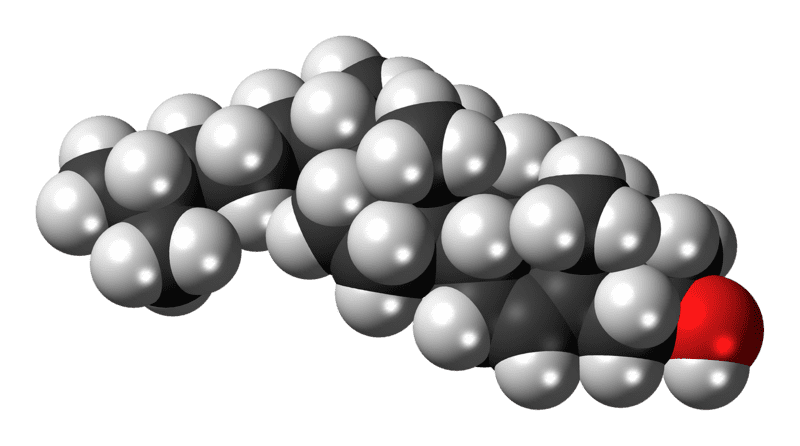
New class of drugs offer alternative to statins
pharmafile | March 14, 2019 | News story | Research and Development | cholesterol, health, imperial college london, research, statins
A new class of cholesterol lowering drugs may help patients who are unable to take statins, according to a study published in the New England Journal of Medicine.
The cholesterol reducing drugs – an oral medication called bempedoic acid – inhibit the body’s ability to create the building blocks of cholesterol.
The study of 2,230 patients with high cholesterol from the UK, Germany, Poland, Canada and the US, found that bempedoic acid reduced patients’ LDL cholesterol levels from baseline by an average of 18.1% compared to the placebo group.
In addition, they found that the treatment was effective irrespective of the intensity of the patient’s existing cholesterol-lowering treatment.
Professor Kausik Ray, from Imperial College London’s School of Public Health, who led the study, said: “We know that reducing your cholesterol levels is key to cutting the risk of heart attack and stroke, particularly if you already have established heart disease.”
“Our latest study shows that bempedoic acid could be another addition to the arsenal of cholesterol-lowering treatments available to patients. What we have is a new class of drug that could be given to patients who are already taking statins and could help them to further reduce their cholesterol levels and thus potentially cut their risk of heart attacks and strokes.”
“One of the key advantages of bempedoic acid is supposed to be that it shouldn’t cause the muscle side effects reported by some statins users, as it taken up by the liver and needs to be converted into its active form via an enzyme only found in the liver.
Once converted to the active form the drug cannot leave the liver, so it can’t enter muscles and hence could be of considerable advantage for some. It could be an option for patients who are unable to tolerate statins at higher doses, or at all. Our genetic studies suggest that the benefit on prevention of heart disease and strokes in ongoing trials should be identical to that achieved through statins,” Professor Ray said.
“Overall, these latest studies show that not only is the treatment generally well-tolerated being comparable with placebo, and potentially safe over longer periods, but that when added to high intensity statin treatment it can help to further reduce LDL cholesterol levels,” he added.
Louis Goss
Related Content

Drug discovery and development partnership announced between Apollo Therapeutics and Oxford University
Portfolio therapeutics company Apollo Therapeutics has announced earlier this week that it will provide capital …

Bayer and Aignostics to collaborate for AI oncology research
Bayer and Aignostics have announced that they have entered into a strategic collaboration for several …

BMS shares new research and development plans at the company’s R&D day
Bristol Myers Squibb (BMS) recently held a Research and Development (R&D) Day in New York, …






